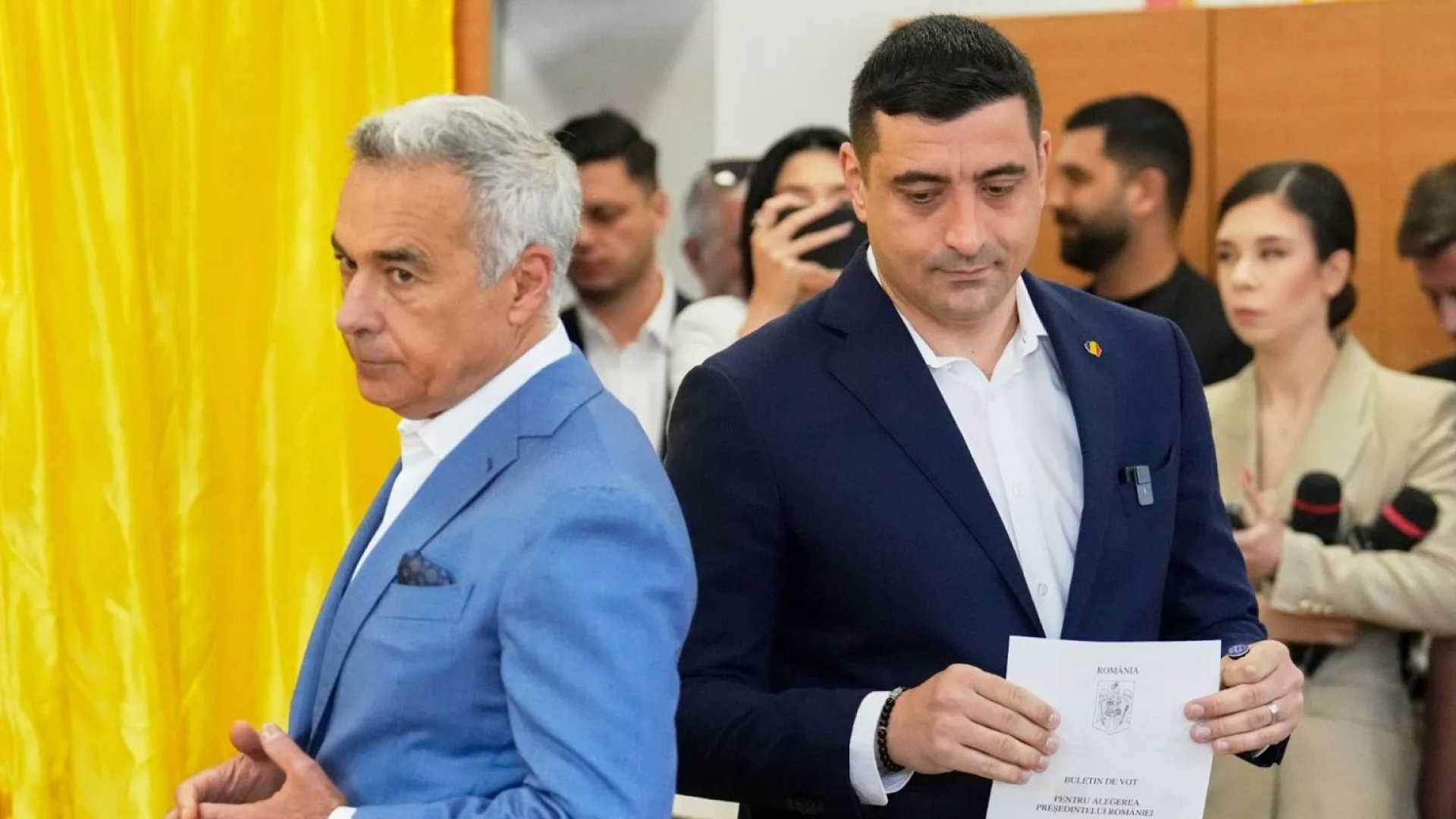Politics
George Simion Leads Romania’s Presidential Election Re-run, Faces Nicusor Dan

BUCHAREST, Romania — George Simion, a hard-right eurosceptic, emerged victorious in the first round of Romania’s presidential election re-run on May 4, capturing 41% of the vote. Simion’s win is seen as a test of nationalist sentiments within the European Union.
Bucharest Mayor Nicusor Dan, 55, placed second with approximately 21%. The two candidates are set to face off in a runoff election on May 18.
Political observers warn a Simion victory could isolate Romania and destabilize NATO’s eastern flank, particularly as Ukraine remains embroiled in a protracted conflict. “This is not just an electoral victory; it is a victory of Romanian dignity,” Simion, 38, said after his win. “It is the victory of those who still believe in a free, respected, sovereign Romania.”
Simion’s support spans across 36 of Romania’s 47 electoral districts and he secured a substantial 61% of the diaspora vote, while Dan garnered only 25%. Simion’s popularity among Romanians abroad is particularly strong in Western Europe, Nordic nations, and some Middle Eastern countries.
Simion opposes military aid to Ukraine and is critical of EU leadership, aligning himself with the “Make America Great Again” movement. “We are a Trumpist party which will govern Romania and make it a strong partner in NATO,” he stated just before polls closed.
Dan, who campaigned on an anti-corruption platform, expressed gratitude to his supporters, especially those in Moldova. He emphasized his intention to lead a pro-Western direction for Romania in the upcoming runoff. “It will not be a debate between individuals; it will be about Romania’s direction,” he noted.
The election comes five months after a previous attempt to hold the vote was canceled due to alleged Russian interference. Simion had previously scored 14% when the election was first held.
Simion’s alliance with Calin Georgescu, a previously disqualified far-right candidate, has garnered attention. Georgescu, who called the election a “fraud,” participated in the vote alongside Simion, emphasizing the need to “restore democracy.”
Observers cautioned that Dan may struggle to capture enough votes from traditional parties to overcome Simion’s lead. Cristian Pirvulescu, a political scientist, remarked, “Romania can now shift the power balance in Europe towards extremism.”
Simion’s election victory could reshape Romania’s foreign policy, as the president wields veto power over significant EU votes, appoints key officials, and commands military forces. The outcome may also affect Romania’s cooperation with NATO, given its pivotal role in supporting Ukraine.
The election’s ramifications loom large over European capitals, where concerns about rising nationalism and euroscepticism are growing. The May 18 runoff will determine the future political landscape of Romania and its relationships both regionally and within the EU.












